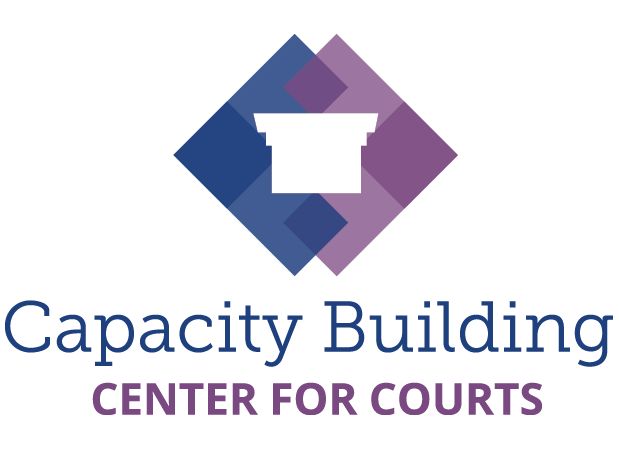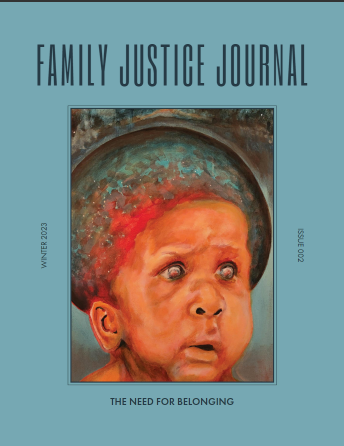Developed by the National Council of Juvenile and Family Court Judges – Capacity Building Center for Judges Introduction This volume offers a step-by-step process to help you implement the Judicial, Court, Attorney Measures of Performance (JCAMP) in your court system. … Read More
Attorneys

Judicial, Court, and Attorney Measures of Performance (JCAMP): Quick Start Guide
Developed by the National Council of Juvenile and Family Court Judges – Capacity Building Center for Judges Measures were developed using the following guiding principles. The measures must The measures were developed through an iterative process with feedback from judges, … Read More

MEDICATION-ASSISTED TREATMENT IN THE COURTROOM
A BENCHCARD FOR JUDICIAL PROFESSIONALS SERVING PARENTS AND CHILDREN AFFECTED BY OPIOID USE DISORDERS Medication-assisted treatment (MAT) is an evidence-based treatment for opioid use disorders (OUDs). MAT uses medications, in combination with counseling and other therapeutic techniques, to provide a … Read More

FAMILY JUSTICE JOURNAL: The Need For Belonging
If we cared about the harm of separating children from their parents, we’d be far less likely to do it. If we were serious about ending racial disparity, we would see it decline sharply. The reality is there has been … Read More

Adoption Triad: Practicing Adoption Competence by Examining the Impact of Race, Culture, and Diversity
Children and youth who are adopted often have experienced trauma and need help sorting through complicated feelings stemming from their adoption and past experiences. Rather than being a one-time event, adoption is an ongoing process that requires continuous support long … Read More

Relative Foster Care Is Increasing Among American Indian and Alaska Native Children in Foster Care
A new analysis from Child Trends finds that, from federal fiscal year (FFY) 2018 to FFY 2021, the use of relative foster care placements for American Indian and Alaska Native (AIAN) children in foster care grew in seven of the … Read More

Trauma-Focused Practice Supplement for the Crossover Youth Practice Model
THE CROSSOVER YOUTH PRACTICE MODEL (CYPM) The Center for Juvenile Justice Reform (CJJR) designed the CYPM to improve multi-system collaboration on behalf of crossover youth and their families and inspire practice and policy changes aimed at better meeting their needs. … Read More

Trends in State Mental Health Policy
Introduction In 2022, COVID-19 restrictions eased and Americans were able to return to familiar routines at work, at school and in their communities. Many people found their lives returning to a new kind of normal, but at the same time, … Read More

Strategies for Addressing Length of Stay to Improve Outcomes for Youth and Communities
Lessons Learned from the Length of Stay Policy Academy Introduction In recent years, there has been a growing recognition that youth involved in the juvenile justice system thrive best when they receive services and supports in their own homes and … Read More

Promoting Healthy Relationships in Foster Care—“If I Had Seen What a Healthy Relationship Looks Like, that Would Have Changed My Perspective”
Introduction Romantic relationships with high levels of intimacy, support, affection, and satisfaction, contribute to social emotional wellbeing and a sense of self-worth and competence (Collins et al., 2009). Indeed young adults with a history in foster care report that having … Read More
